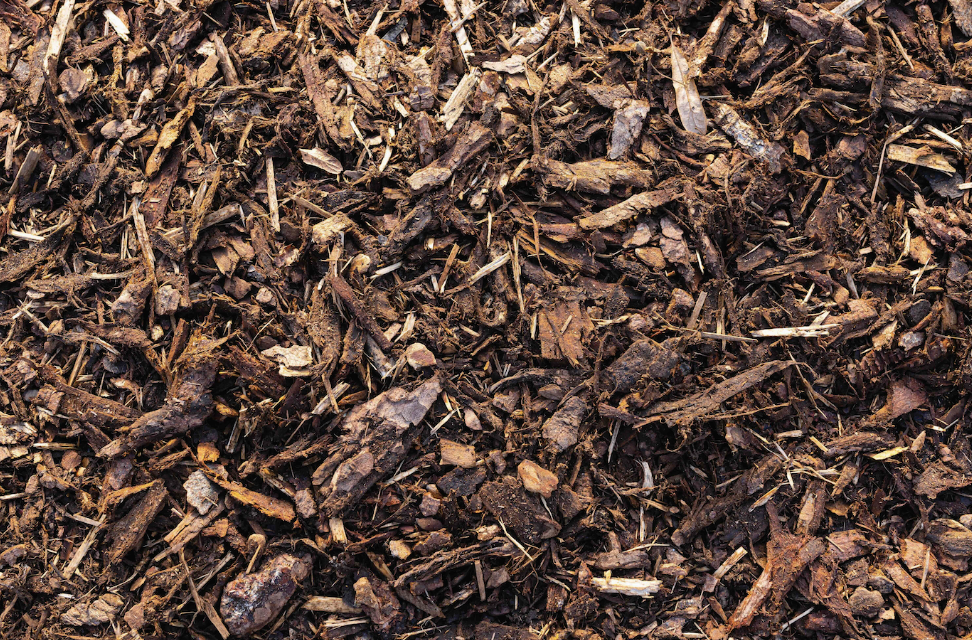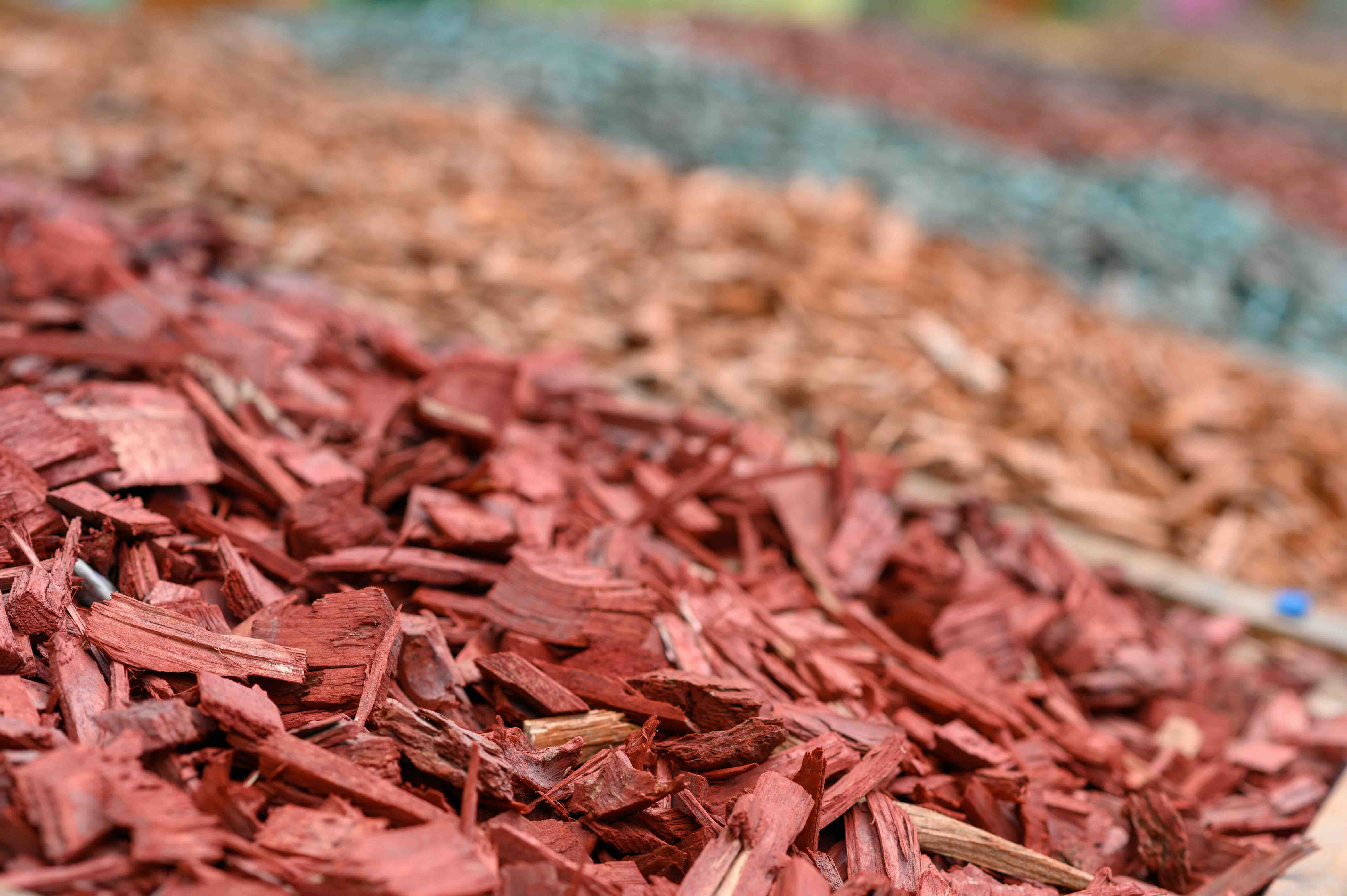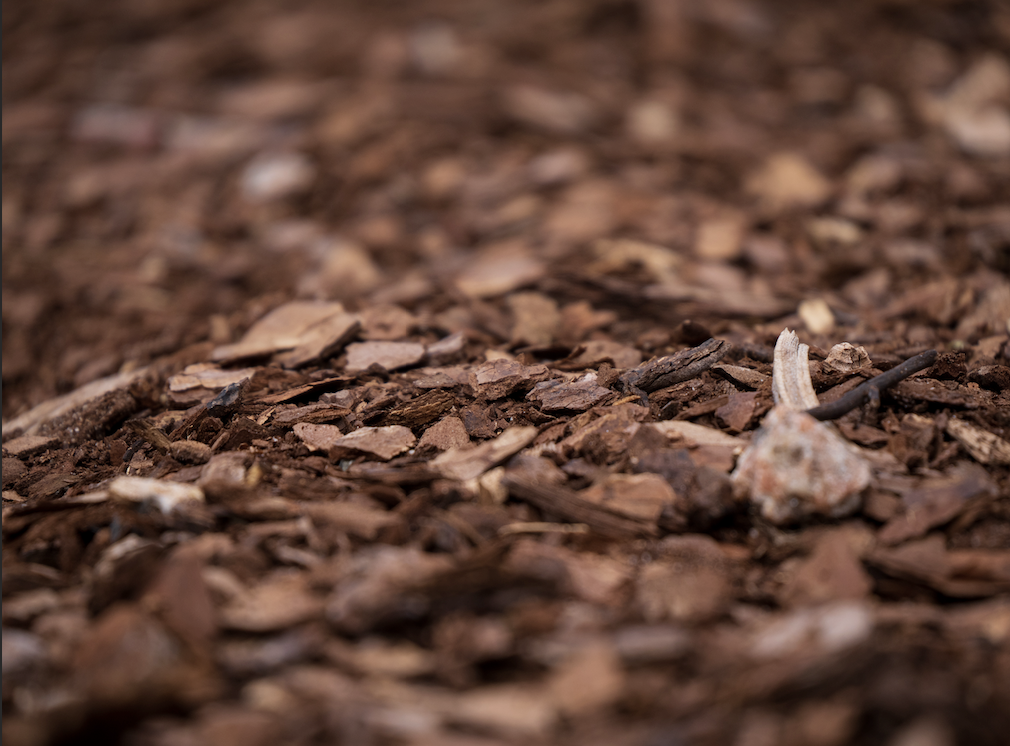Mulch is like the icing on the cake for your garden beds – it not only adds a finishing touch to your landscape but also serves a multitude of purposes. Among the myriad of options available, cedar bark mulch, hardwood mulch, cypress mulch, pine bark mulch, and pine straw stand out as popular choices here at our garden center. Let's delve into each of these options to understand their pros and cons, helping you decide which one is best suited for your landscape needs.



